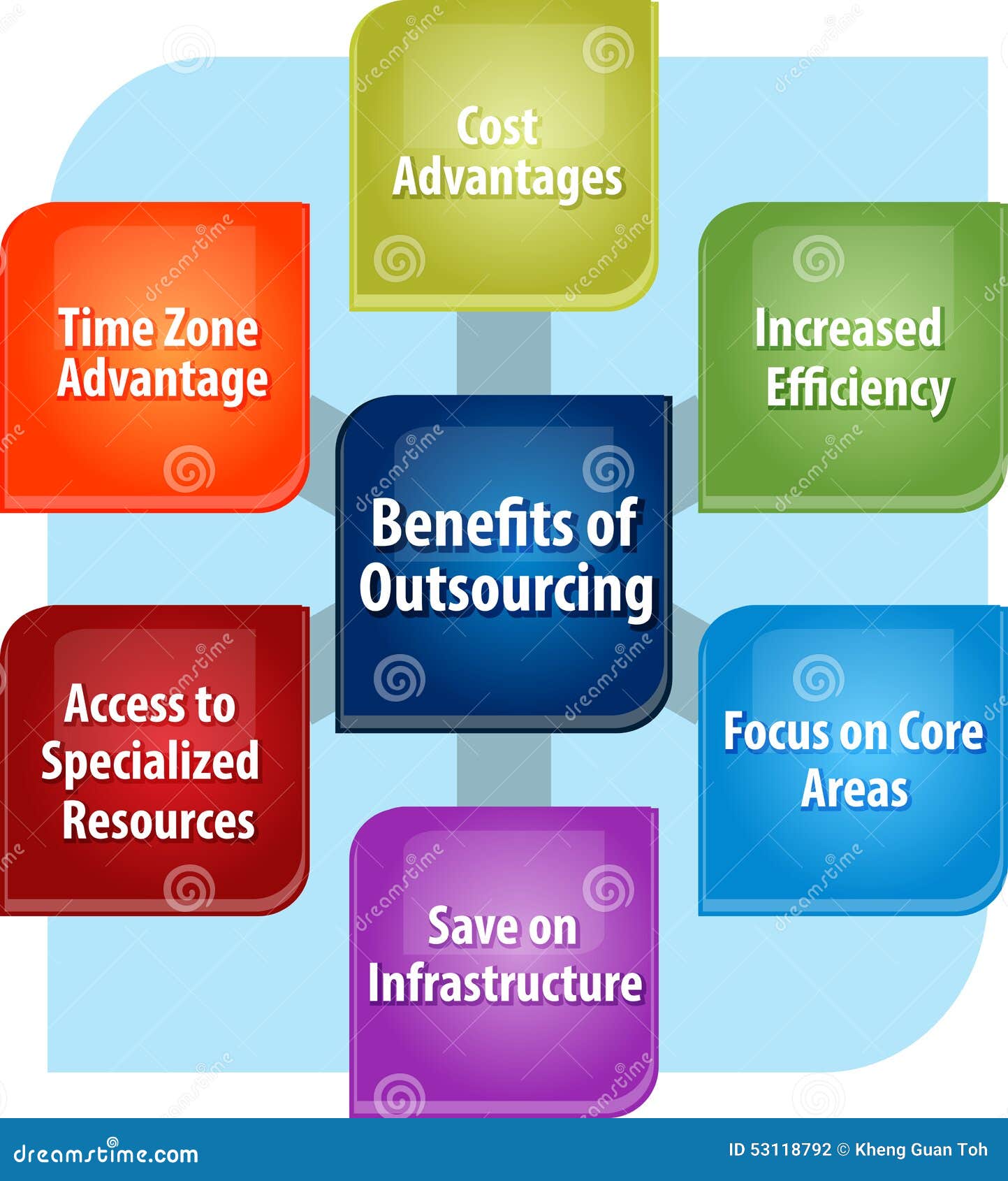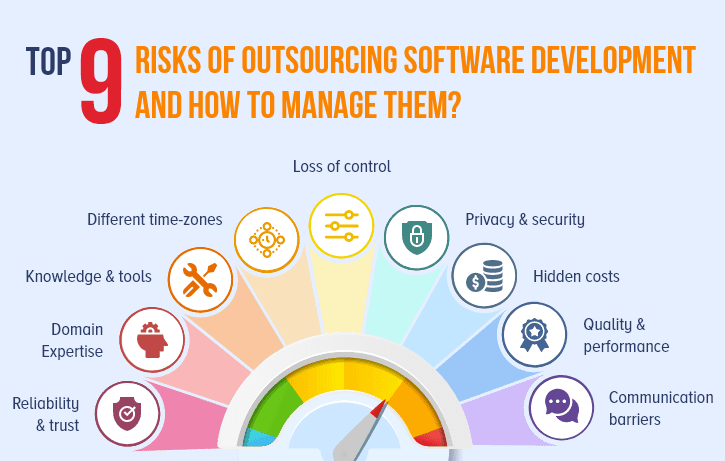
In the dynamic world of small business, every decision counts. Imagine you're steering a ship through uncharted waters—every turn of the wheel, every adjustment to the sails can either propel you toward success or leave you adrift. One such critical decision is outsourcing. Should you keep everything in-house or trust external experts to handle certain tasks? Let's dive into the pros and cons of outsourcing in small business, exploring how it can either accelerate your growth or present unexpected challenges.
Understanding Outsourcing in Small Business
Outsourcing is like hiring a skilled navigator to help you chart your course. It involves delegating specific business functions to external service providers. This could range from IT services to marketing, customer support, or even HR functions. But why do small businesses consider outsourcing? The primary goal is often to enhance operational efficiency and achieve cost reduction.
The Pros of Outsourcing in Small Business
Enhanced Operational Efficiency
Outsourcing can streamline your operations, allowing you to focus on core competencies. By delegating non-core tasks to specialists, you can free up valuable time and resources. Imagine having a dedicated team handling your customer support while you focus on product development. This division of labor can significantly boost your operational efficiency.
Cost Reduction
One of the most compelling reasons for outsourcing is cost reduction. Hiring full-time employees for every task can be expensive, especially for small businesses. Outsourcing allows you to pay for services as needed, reducing overhead costs. For instance, instead of hiring a full-time IT team, you can outsource IT support, paying only for the services you use.
Access to Expertise
Outsourcing gives you access to specialized skills and expertise that might be difficult or expensive to acquire in-house. Whether it's digital marketing, accounting, or legal services, outsourcing ensures you have the best talent working on your projects without the need for long-term commitments.
Scalability
Outsourcing offers the flexibility to scale your operations up or down based on demand. This is particularly useful for small businesses that experience seasonal fluctuations. You can easily adjust the level of support you need without the hassle of hiring and firing employees.
The Cons of Outsourcing in Small Business
Loss of Control
One of the primary risks of outsourcing is the loss of control over certain business functions. When you outsource, you're trusting an external provider to handle critical tasks. This can lead to concerns about quality, consistency, and adherence to your business standards.
Communication Challenges
Effective communication is key to successful outsourcing. However, working with external providers can sometimes lead to communication breakdowns. Time zone differences, language barriers, and cultural differences can all pose challenges. Ensuring clear and consistent communication is crucial to mitigating these risks.
Security Risks
Outsourcing can expose your business to security risks, especially when it involves sensitive data. Sharing confidential information with third-party providers requires robust security measures to prevent data breaches and ensure compliance with regulations.
Dependence on External Providers
Relying on external providers can create a dependency that may not always be beneficial. What happens if your outsourcing partner goes out of business or fails to deliver? Having a contingency plan in place is essential to avoid disruptions in your operations.
Balancing the Pros and Cons
Outsourcing in small business is a double-edged sword. On one hand, it offers significant benefits such as enhanced operational efficiency, cost reduction, and access to specialized expertise. On the other hand, it comes with risks like loss of control, communication challenges, and security risks.
So, how do you balance these pros and cons? The key lies in careful planning and strategic decision-making. Before outsourcing, assess your business needs, evaluate potential providers, and weigh the benefits against the risks. It's also crucial to have clear contracts and service level agreements (SLAs) in place to ensure accountability and quality of service.

Case Studies: Success Stories and Lessons Learned
Success Story: The Rise of a Small E-commerce Business
Consider the story of a small e-commerce business that outsourced its logistics and customer support. By partnering with a reliable logistics provider, the business was able to streamline its supply chain and reduce delivery times. Meanwhile, outsourcing customer support allowed the business to provide 24/7 assistance, improving customer satisfaction and loyalty. The result? Significant growth in sales and a stronger market position.
Lesson Learned: The Importance of Due Diligence
On the flip side, there's the cautionary tale of a startup that outsourced its software development to an offshore provider without proper due diligence. The project faced numerous delays and quality issues, leading to a significant loss of time and money. This underscores the importance of thorough vetting and careful selection of outsourcing partners.
Conclusion
Outsourcing in small business is a strategic decision that can either propel your growth or present unexpected challenges. By understanding the pros and cons, you can make informed decisions that align with your business goals. Whether you're looking to enhance operational efficiency, reduce costs, or access specialized expertise, outsourcing can be a valuable tool in your arsenal.
But remember, outsourcing is not a one-size-fits-all solution. It requires careful planning, strategic decision-making, and ongoing management. By balancing the benefits and risks, you can navigate the waters of outsourcing successfully and steer your business toward greater success.

FAQs
1. How do I know if outsourcing is right for my small business?
Outsourcing can be beneficial if you're looking to enhance operational efficiency, reduce costs, or access specialized expertise. However, it's essential to assess your business needs and weigh the pros and cons before making a decision.
2. What are the most common functions outsourced by small businesses?
Common functions outsourced by small businesses include IT services, marketing, customer support, accounting, and HR functions.
3. How can I ensure the security of my data when outsourcing?
To ensure data security, choose reputable providers with robust security measures. Establish clear data protection policies and ensure compliance with relevant regulations.
4. What should I look for in an outsourcing provider?
Look for providers with a proven track record, relevant expertise, and positive client testimonials. Ensure they offer clear contracts and service level agreements (SLAs) to guarantee quality and accountability.
5. How can I manage communication challenges in outsourcing?
Effective communication is key to successful outsourcing. Establish clear communication channels, set regular meetings, and use project management tools to ensure smooth collaboration. Address any communication issues promptly to prevent misunderstandings and delays.
Posting Komentar